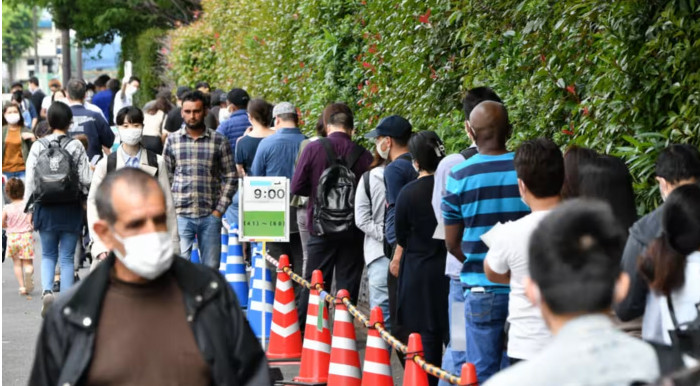Japan's new immigration regulations took effect on June 10, limiting the number of times foreign citizens can apply for asylum and allowing the country to deport those who have been repeatedly rejected.

Under the Immigration Control and Refugee Recognition Amendment Act, people who have made three or more asylum claims risk deportation if they cannot provide reasonable and compelling grounds for their stay.
Previously, Japan could not deport a foreign national while their asylum application was pending. However, the changes were made after Tokyo found the system was being abused to allow many people to stay in Japan.
Also under the above law, asylum seekers are allowed to reside outside immigration facilities, under the supervision of family members or sponsors.
In 2023, a total of 13,823 asylum seekers applied to Japan, of whom 303 were granted refugee status, a record high. Of these, 5 had applied multiple times.
The number of asylum seekers has risen sharply since 2022, as the country gradually lifted COVID-19 border controls, and 2023 is the second-highest on record. However, the Asian country still lags behind other developed countries such as the US and some European countries, which typically accept more than 10,000 asylum seekers a year.